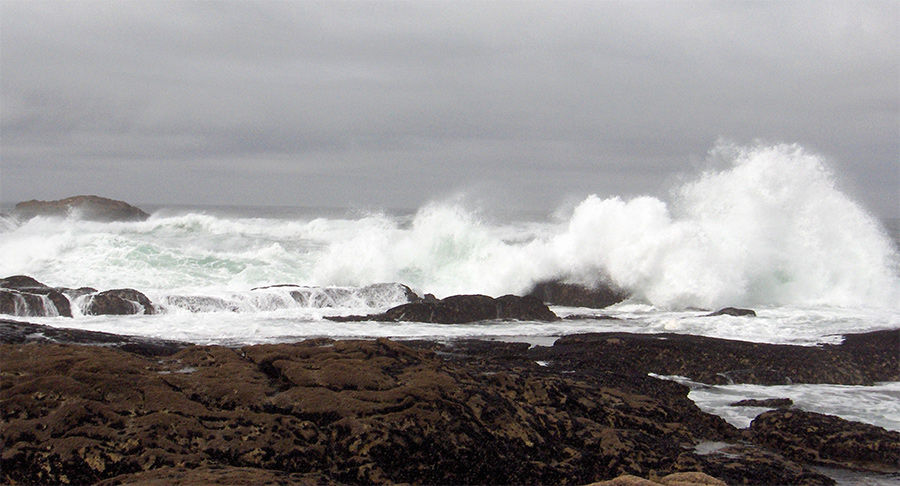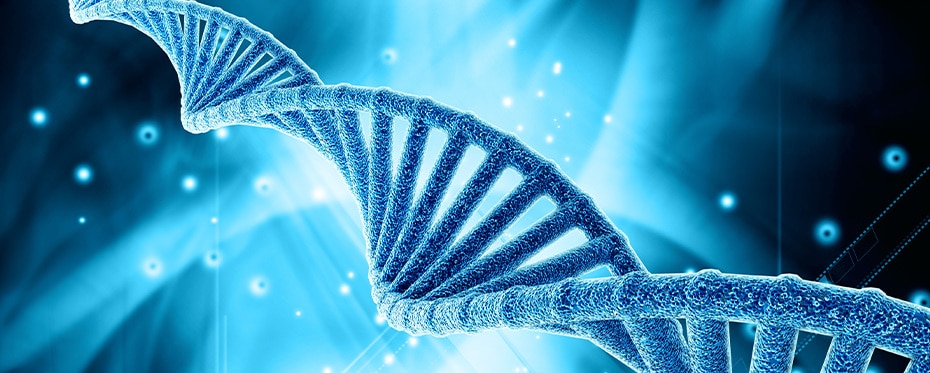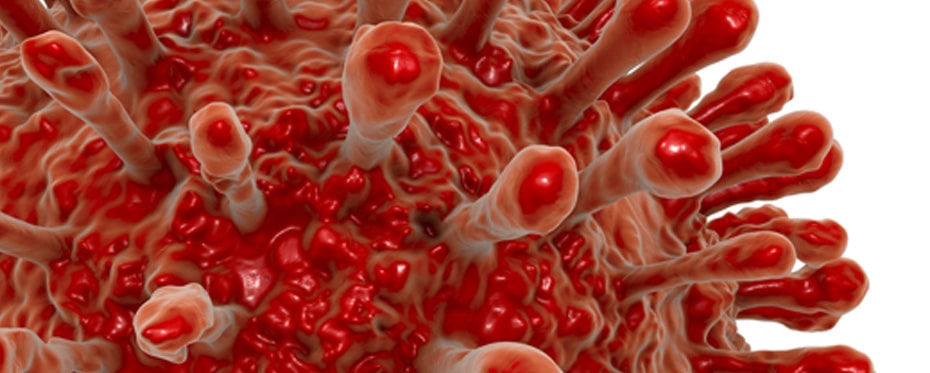Tag: evolution
Food security in an insecure world: Modelling self-sufficiency

When global food prices spiked in 2008, many governments embarked on programmes to improve their country’s food self-sufficiency – but have they been successful? At Setsunan University, Japan, Dr Tetsuji Tanaka and Dr Jin Guo are quantitatively assessing the effectiveness of a number of self-sufficiency policies. They have studied regional and global volatility in beef and wheat prices, and used […]
Read More… from Food security in an insecure world: Modelling self-sufficiency
Discovering when the first early modern humans left Africa

Previous evidence suggested that early modern humans left Africa 90,000 to 120,000 years ago, but new evidence has shown this event may have occurred much earlier. Professor Mina Weinstein-Evron (University of Haifa, Israel) and Professor Israel Hershkovitz (Tel Aviv University, Israel), together with their colleagues, have found a modern human fossil at Misliya cave in Israel, which dates to between […]
Read More… from Discovering when the first early modern humans left Africa
Investigating paedomorphism in the evolution of L. saxatilis

Littorina saxatilis (rough periwinkle) is often used as an example of adaptation to different ecological niches, with ecotypes adapted to life at different levels of the seashore. Professor Emilio Rolán-Alvarez and his colleagues at the University of Vigo, Spain, investigate whether one ecotype may have evolved from another by paedomorphosis. Their results indicate that, while there is some evidence in […]
Read More… from Investigating paedomorphism in the evolution of L. saxatilis
How new RNA genes are born

The study of gene birth and evolution focuses on the identification of ancestral genetic sequences, highly conserved during evolution, that can serve as a foundation for gene development. Nicholas Delihas, Professor Emeritus at the Renaissance School of Medicine at Stony Brook University, New York, has identified one such ancestral element and presented data and a model to show how new […]
That’s disgusting! How primates decide what not to eat

All animals need to find a way to avoid contact with pathogens when they are eating. For primates, Dr Cécile Sarabian, based at Kyoto University Primate Research Institute in Japan, shows that many species either avoid food contaminated with faeces or thoroughly handle the food, trying to clean it before eating. For the researcher, this is proof that this behaviour […]
Read More… from That’s disgusting! How primates decide what not to eat
Globalization and the erosion of geo-ethnic checkpoints

Understanding the ecology of complex adaptive systems, such as organisms, societies, and languages, poses many challenges. Dr Chris Girard, Associate Professor of Sociology with the Department of Global and Sociocultural Studies at Florida International University, has developed an evolutionary model, known as coevolving informatics, that offers a transdisciplinary approach to understanding complex adaptive systems. Coevolving informatics employs complexity and evolutionary […]
Read More… from Globalization and the erosion of geo-ethnic checkpoints
Social dilemmas reveal selective inattention in indirect reciprocity

Cooperation with others generates prosperity within human society, yet research into the evolution of cooperation, particularly indirect reciprocity, has left much unexplained. Indirect reciprocity involves assessment rules and draws on moral judgment. Most studies assume that people will consider all the information available to them before deciding whether to cooperate. Dr Isamu Okada, Associate Professor at Soka University, Japan, has […]
Read More… from Social dilemmas reveal selective inattention in indirect reciprocity
The purpose of emotion: An overlooked self-regulatory sense

We are all familiar with the term ‘emotions’ and experience a myriad of good and bad feelings every day. But what do we really understand about their biological origin or purpose? In a thorough analysis and integration of existing theory and literature, Katherine Peil-Kauffman redefines emotion as a sense, a complex elaboration of the first simple sensory system to have […]
Read More… from The purpose of emotion: An overlooked self-regulatory sense
Metabiology and the complexity of natural evolution

In his study of metabiology, Arturo Carsetti, from the University of Rome Tor Vergata, reviews existing theories and explores novel concepts regarding the complexity of biological systems while demonstrating the role of information processing and mathematical reasoning. On the basis of what is claimed by Gregory Chaitin, he perceives evolution as a hill-climbing random walk in software space, making biology mathematical […]
Read More… from Metabiology and the complexity of natural evolution
Evolutionary arms race: A 400 million-year-old battle between HIV and ancient genes, HERC5 and HERC6

Two human genes, HERC5 and HERC6 have protective effects against HIV and other viruses. Dr Stephen D. Barr from Western University, Canada, traces the evolution of these genes throughout human history and investigates their protective effects. His work has shown that these genes are involved in an evolutionary arms race, with host defence mechanisms and the virus ever trying to […]